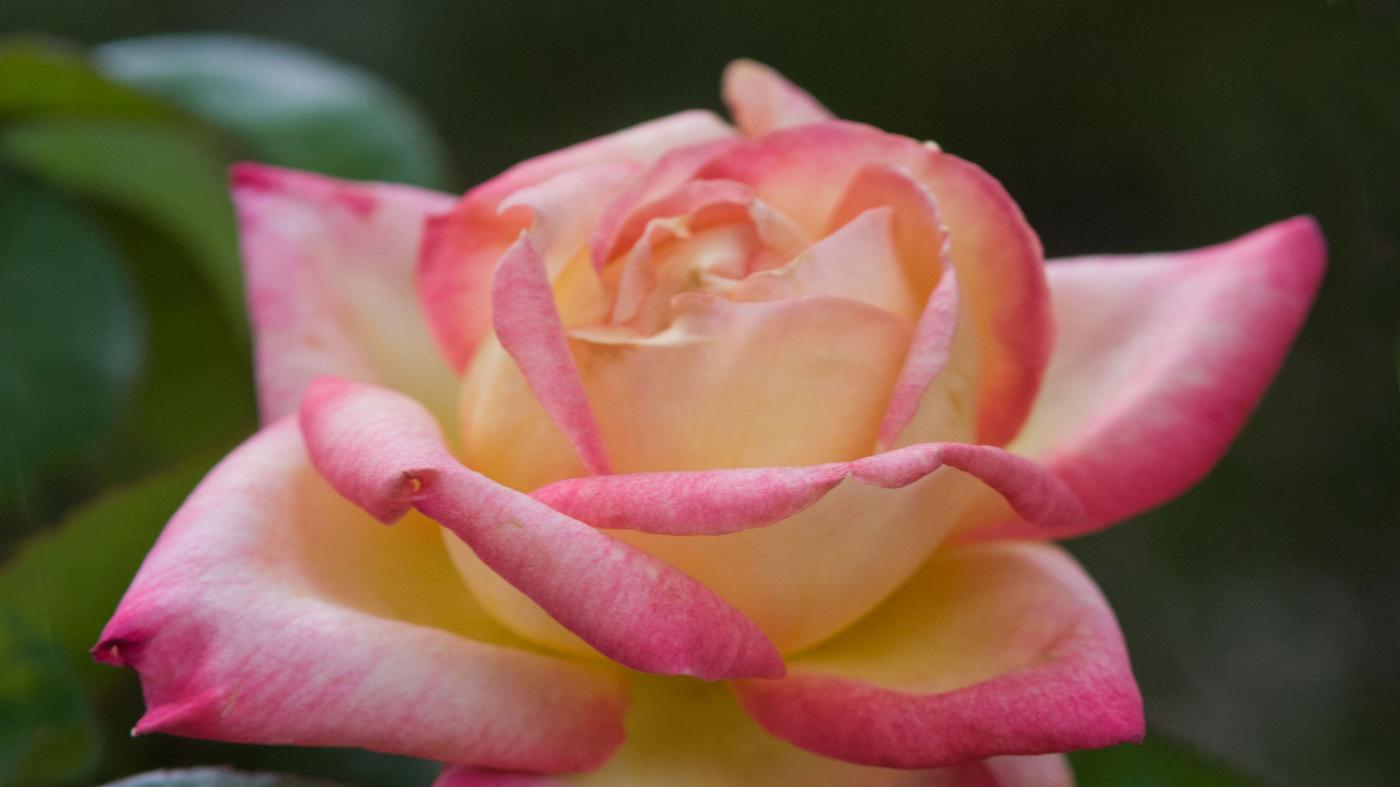Using fallen leaves in the garden
Q. How can I use fallen tree leaves in my garden?
A. Shredded leaves can be used to insulate various plants in the garden during the cold winter months. When leaves are used whole they can prevent water from penetrating the root zones of plants; therefore, it is important to shred them first. If only a small amount is needed, whole leaves can easily be shredded in a garbage can using a weed whacker. It is always a good idea to wear safety goggles when using a weed whacker. If a larger amount is needed, a lawn mower can be used.
Composting rhubarb leaves
Q: Is it safe to compost rhubarb leaves?
A: Yes. Although the leaves of rhubarb plants contain a high level of oxalic acid and should not be eaten, they are safe to add to the compost pile. The oxalic acid degrades rapidly in the pile and has no impact on compost quality.
Fall Care for Vegetable Gardens
Q. When I clean up my vegetable garden this fall, should I add any amendments to the soil?
Starting a Compost Pile
Q. I want to recycle my fallen leaves into a compost heap. Please give me some advice on starting one this autumn.
Compost Heat
Q. I am building a compost heap for the first time this fall. How hot does it have to get in order to kill fungi, insect eggs or other pests that may be on the garden debris?
Compost
Q. What is compost?
A. Compost is the result of an accelerated biological decomposition process of plants. Humus (decomposed plant material) is needed to maintain loose, well-drained soil that can be easily cultivated and promotes good root growth. Humus can also improve aeration and drainage, provide plant nutrients, and increase moisture retention. Decomposition and the creation of humus occur naturally, but the process can be accelerated by maintaining a compost pile or bin.


